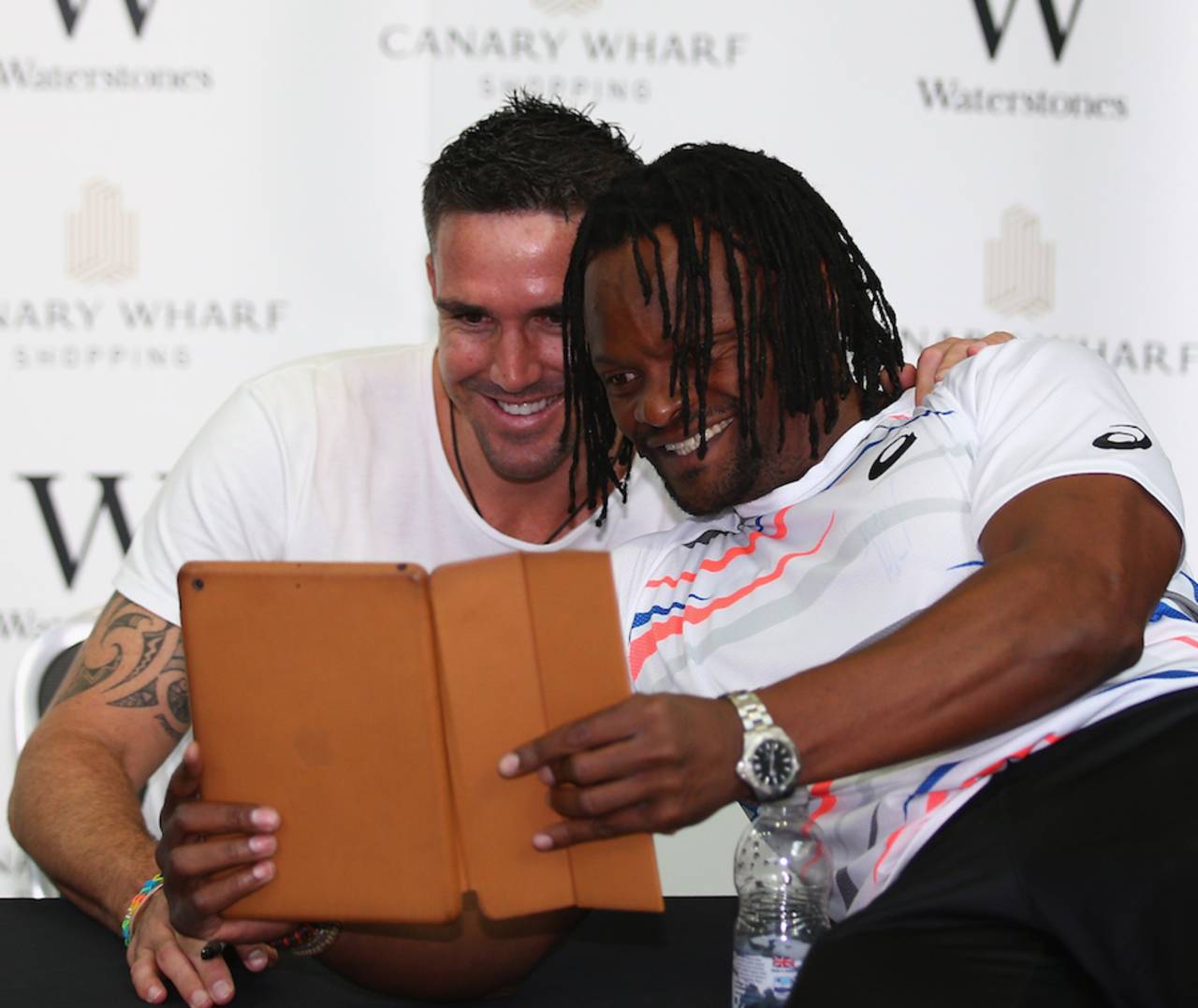Slowly, attitudes are changing. There was a time, not so long ago, when it was assumed that the internet was somehow less reliable than print. Anything sourced online was regarded as inherently suspicious, while such was the sneeriness about online journalism that in Britain the National Union of Journalists used to charge higher fees to its members working for websites.
Reliability, though, comes not from the medium but from the organ, something that seems to be coming to be accepted: there are wildly untrustworthy bloggers just as there are wildly untrustworthy writers for newspapers and magazines, while some websites - and the one you're reading now may be the best example - have become among the most authoritative voices in their field.
It's natural, in a world of such technological change, when so much reading is now done on laptops, tablets and phones, and when so many newspapers have taken to describing themselves as "digital first" to wonder whether there is any place any more for print. In time, as e-readers become ever more friendly on the eyes, perhaps there won't be, but what has become clear in the past few weeks is just what power the notion of a book still has.
Whether it was planned or a coincidence,
Kevin Pietersen and Roy Keane both released their autobiographies in a week in which there were no Premier League or Champions League fixtures. As a result, the British and Irish newspapers had space to fill, and the books happily did that. For days, sports news was dominated by revelations from the books and reactions to them.
Both Pietersen and Keane, of course, are hugely charismatic and controversial figures. Both were or are supremely gifted at their
given sport, players who had a major role in winning sides. Both have a capacity to divide an audience, to become the triggers for wider debates about responsibility, the nature of team sport, and how mavericks should best be handled. Pietersen, in particular, had a long-awaited story to tell: just what had gone so spectacularly wrong on that Ashes tour? So it's natural that they should prompt so much coverage.
It's natural, in a world of such technological change, when so much reading is now done on tablets, and when so many newspapers have taken to describing themselves as "digital first" to wonder whether there is any place any more for print
But what's strange is the
level of hype, given neither Pietersen nor Keane are exactly recluses. It's not that we never see them speaking in public. Both have been seen fairly regularly in the news over the past months. Yet there is a special status accorded their words as written in a book, as though autobiographies somehow contain a player or manager's real thoughts, that they represent their considered opinions, what they really mean, rather than the rushed clichés and deflections and evasions that so often make up the bulk of press conferences.
The paradox, of course, is that the autobiographies are only indirectly their words. Both employed ghostwriters - David Walsh for
Pietersen and Roddy Doyle for Keane - and only they know the extent to which the words are theirs and the words are those of their subjects, although both have achieved the trick of ventriloquism after which ghosts strive: they sound like their subjects. Given Keane's natural eloquence, you suspect Doyle had an easier job than Walsh in that regard. In fact, at the London Sports Writing Festival at Lord's, he claimed - a little too modestly perhaps - that his job was merely "transferring words from ear to page".
The general point remains, though: those words that are taken as "truest" are the ones that have been mediated through a professional writer. In many cases the suspicion is that the subject of the autobiography hasn't even read the work (also at the LSWF, for instance, Dan Waddell revealed that the darts champions Phil Taylor hadn't so much as glanced at the words Waddell's late father, the commentator Sid, wrote for him). Some other recent autobiographies are so littered with factual mistakes that it's impossible to believe the subject has checked through the text.
Yet, the best have that sense of credibility and gravitas that gives them far more power than a filmed interview or a press conference, and the only real reason for that is that they are in book form - even if that book ends up being read in digital format.
Is that more than a psychological trick? I'm not sure - and it may be that in time the prejudice fades - but for now the autobiography still has power.
Does print still have a point? Just about. We live in a world of great technological innovation, one that is changing journalism almost day by day, but the cases of Keane and Pietersen show just what power books still hold.
Jonathan Wilson writes for the Guardian, the National, Sports Illustrated, World Soccer and Fox. @jonawils
